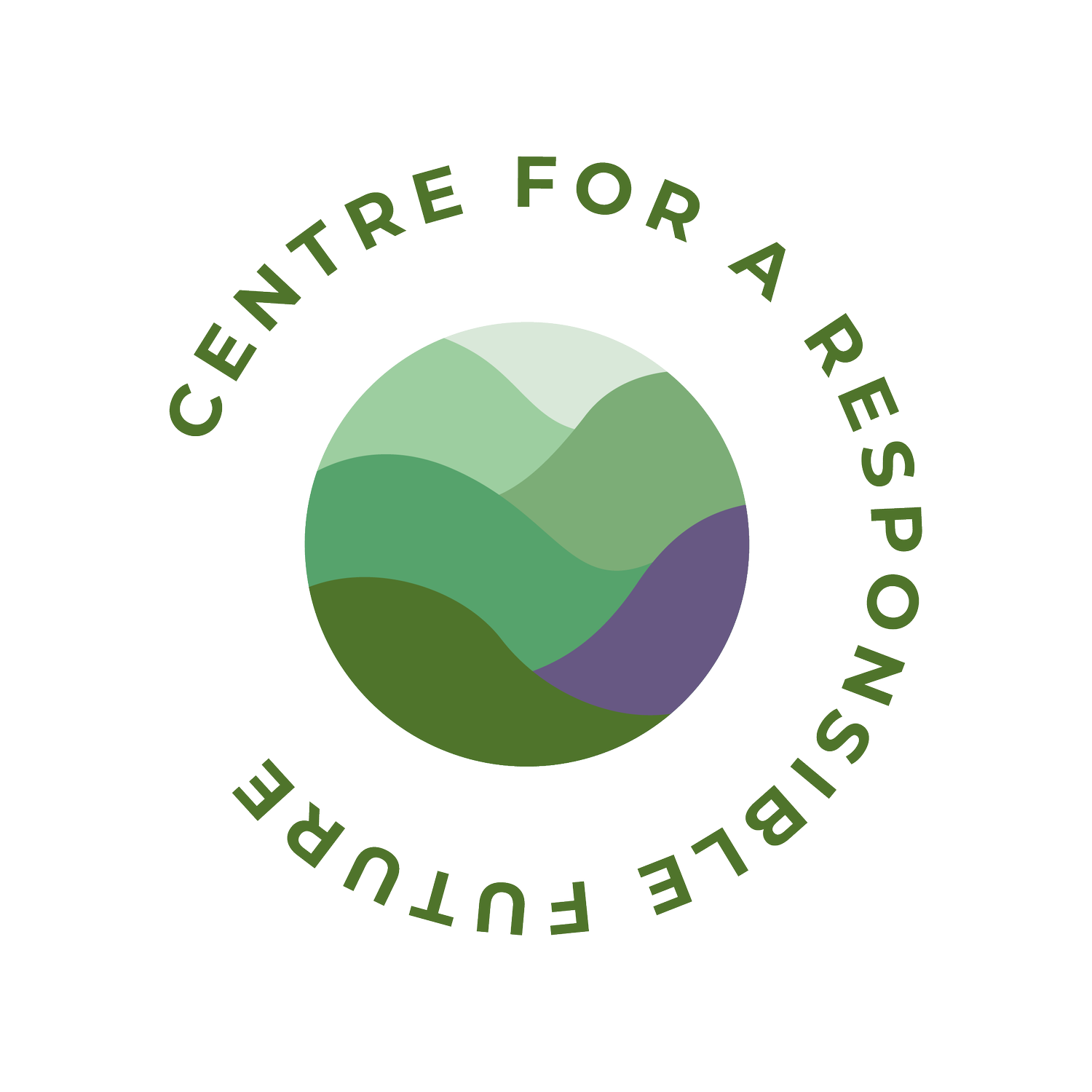Good Food Institute on the Future of Food
DFSS is coming up March 29th and we’re bringing some of the participants to you now with a pre-summit interview. In this edition we talk to Elaine Siu from the Good Food Institute. If you want to see a listing of speakers and sessions, please click here. To register as a delegate, click here.
Could you please tell us a bit about the Good Food Institute?
The Good Food Institute (GFI) is a non-profit based in the US focused on accelerating the plant-based and cell-based protein alternative industry. We’ve started expanding globally last year and now have operations covering Brazil, India, Israel, Europe, and Asia Pacific. We work with scientists, investors, entrepreneurs, and corporates to make ground breaking good food a reality.
You are GFI’s Managing Director for Asia Pacific. What did you do before you came to GFI?
I am a finance lawyer, turned entrepreneur, turned GFI’s MD for APAC. But first and foremost, a writer and a yogini!
Could you please give us an overview of this huge APAC region?
APAC is such a huge and diverse region to give an overview on. We are definitely focusing more on the Greater China region and Singapore for now. To develop the protein alternative industry in APAC, I believe it is important to have country-specific strategies, but also be very aware of the connectedness of the region and leverage that to maximise the impact we make.
Would you care to make a prediction about what the alternative foods landscape will look like in 10 years?
I see the alternative foods industry thriving in 10 years, the alternative becomes mainstream!
As to alternative protein, we have traditional non-meat products, such as the mock meat in many Chinese vegetarian restaurants, along with mycoprotein (as in Quorn products), plant based meat, clean meat, and who knows what else may develop. What’s your view on these different product categories?
I believe we are now creating the 2.0 version of animal products alternatives. So we are not creating products that simply mimics meat or milk or egg. We are harnessing the power of technology and innovation to create foods that are better. In order to disrupt the status quo and really create a paradigm shift in the food and agriculture system, I see this animal products alternatives category developing and diversifying into many new categories. One day these new foods will exist in their own right and the reference to them being “substitutes” will be obsolete.

